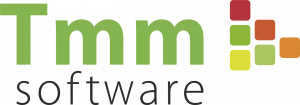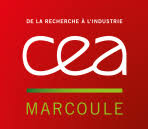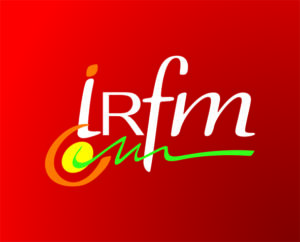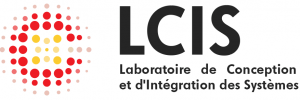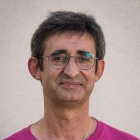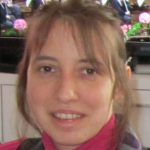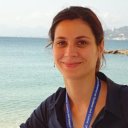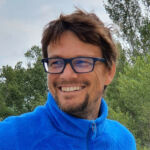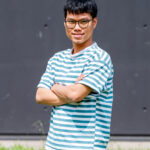Co4Sys TEAM
Coordination, Cooperation, and Control of Complex Systems
Co4Sys : Coordination, Cooperation, and Control of Complex Systems
The CO4SYS team focuses on the modeling, control, and supervision of complex artificial dynamic systems (cyber-physical systems). These systems consist of a large number of interacting entities (agents). These interactions are often nonlinear and contain feedback loops. The agents are generally loosely coupled, and the topology of interactions plays a fundamental role in the emergence of global behaviors. The existence of constraints (local or global) is a common feature of the systems studied. The complexity and fragility of global solutions lead to the design of distributed approaches in which agents have a degree of autonomy and dynamically build self-organization through their interactions.
The team is therefore interested in physically distributed systems in which agents with reactive and cognitive capabilities coexist, having to find compromises between potentially incompatible local and global objectives, reasoning with partial knowledge of the overall system, and ensuring dynamic and unreliable communication routing.
The scientific project of the team is fundamentally a cybernetic(*) project, which requires the integration of complementary approaches from automatic control (systems theory), computer science (multi-agent systems, learning), and networks (communication, complex). It is centered around the development of distributed approaches for cyber-physical systems and is articulated in four themes:
- Learning (developmental, reinforcement, SLAM – simultaneous localization and mapping)
- Resilience (cohesion, trust, testing, diagnosis, and supervision)
- Heterogeneous systems (coordination/cooperation, self-organization, social organizations)
- Multiphysics systems (optimization for control, complex systems, thermodynamic systems, port-Hamiltonian systems)
(*) WIENER, Norbert. Cybernetics or Control and Communication in the Animal and the Machine. MIT press, 2019.
Research Areas
We develop approaches based on psychological and social metaphors for the learning, control, and dynamic social organization of autonomous agents within cyber-physical collectives. This includes bio-inspired mechanisms, combined with optimization tools or artificial learning, enabling the localization of autonomous agents, navigation in cluttered environments, cumulative learning of complex behaviors (constructivist approach), and the development of social behaviors influenced by mechanisms of emotional contagion.
A collaboration between the Co4Sys team and the CTSYS team focuses particularly on the testing of embedded multi-agent systems. This involves evolving and improving the algorithm for accessing information in the graphs representing the agents in the sensor network and automating the tests.
We are also developing flexible control architectures for a class of cyber-physical systems by exploiting the flat differential description of their dynamics and artificial learning methods. The targeted applications include 3D surveillance and reconstruction with a team of mobile robots, precision agriculture, and microgrid direct current (DC) energy systems. In these applications, critical tasks require the presence of multiple agents and strategies for coordination, communication, and optimization of time and energy consumption.
A complex artificial system can be composed of multiple component systems that may be emergent or self-organized systems. These emergent systems highlight collective productions obtained through the cooperation of the entities that constitute them in a completely decentralized context. The difficulty in observing and controlling the resulting emergent systems lies in detecting, registering, and manipulating these collective productions. It is necessary to work on the observation, design, and control of these particular systems, which must rely on a multi-level vision of structures and behaviors. We are particularly interested in detecting and manipulating emergent structures or behaviors, the interaction mechanisms between emergent systems, and the methodological support for their composition.
A specific project concerns the cooperation of heterogeneous systems for creating intelligent ecosystems with applications in resource management and natural disaster management. This involves developing architectures capable of seeing the emergence of different social organizations (and not just different instantiations of the same organization) and experiencing organizational changes (unplanned) to adapt to environmental variations.
We develop structured discrete approaches for modeling and controlling dynamic systems. These approaches rely either on geometric discretization preserving the properties and structure of multiphysics systems or on the discrete modeling of the physics of these systems. We are also working on unifying concepts of analysis and design of control laws based on thermodynamics, with applications notably in the management of wastewater networks (complex water systems) and the study of metabolic networks. Additionally, we are interested in the design of constraint-based control using optimization (e.g., economic MPC, NMPC) with safety guarantees and applications, particularly in industrial processes.
CO4SYS team members
The teams regularly seek and welcome new researchers and PhD students to contribute to their research.
Publications
Publications since 2018, the year the team was established, are accessible on the open archive HAL (Hyper Article en Ligne):
The latest articles deposited on HAL by members of the Co4Sys team can be viewed at:
They Collaborated with Co4Sys
Academic and Public Collaborations
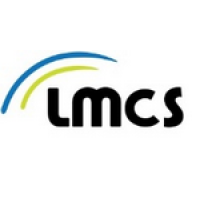
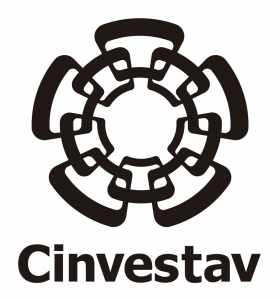
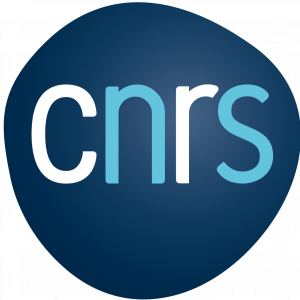



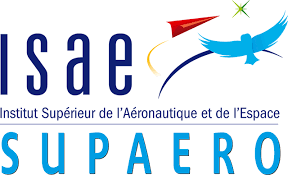

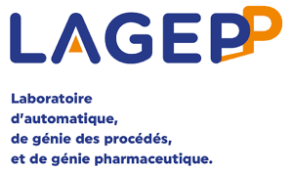
Contractual Industrial Partnerships

